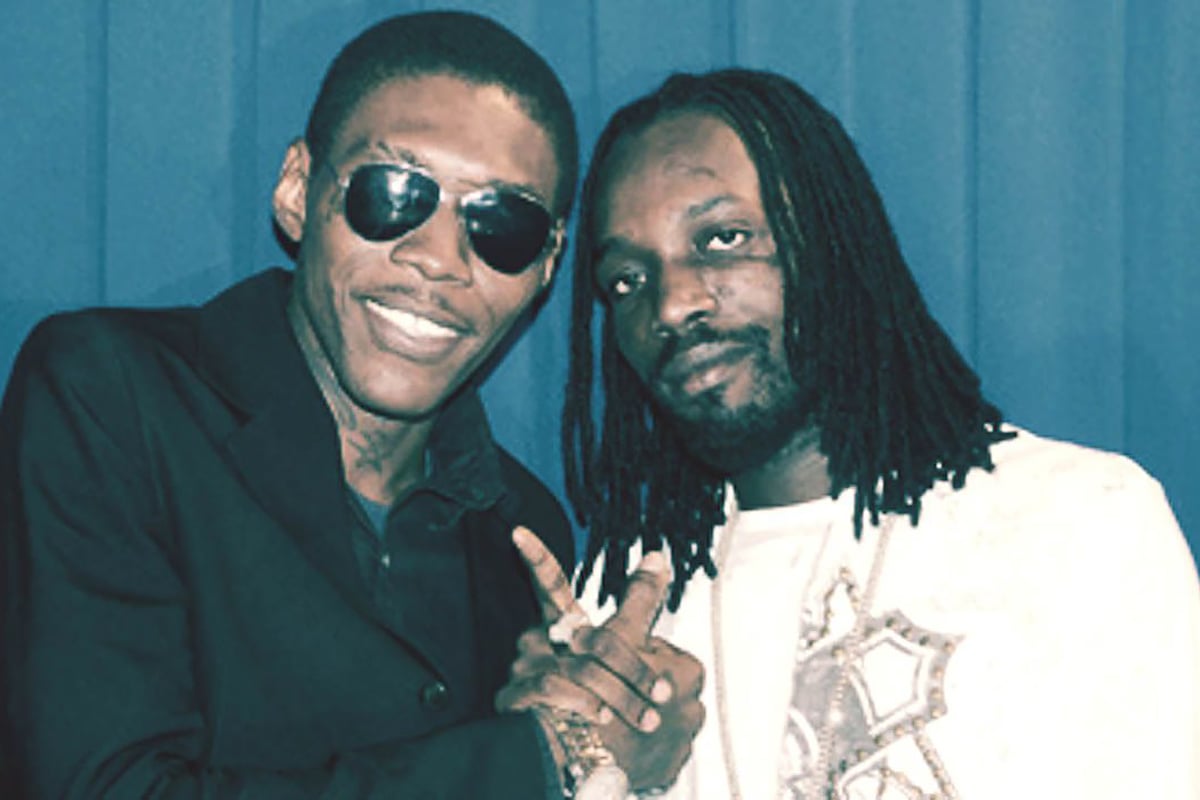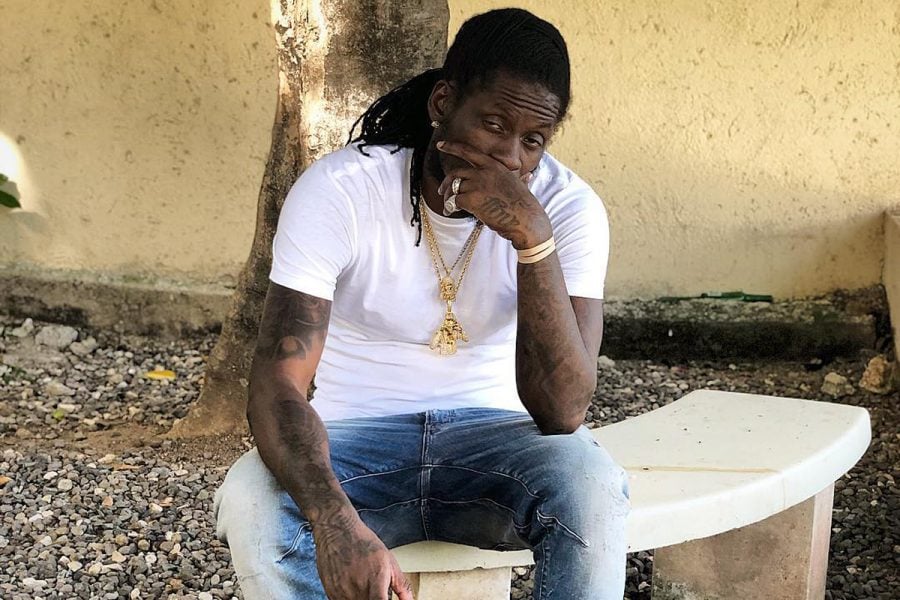How Tribalism Drives The Evolution Of Dancehall Music; Contrary To Popular Belief

One of Dancehall’s most frequent contemporary criticism is its lack of unity. Indeed, we find even artists themselves citing the same as the reason for the genre’s limited reach globally.
Out of our desire for the development of the music and its culture, and also out of a general love for harmony, we are inclined to believe the prior and even champion a more united fanbase for the genre. This is often so much the case that we do not analyze or criticize the assumption that disunity is entirely unhealthy for the genre. And yet, even this assumption is flawed.
As difficult as it might be to broach the subject, good intentions are also subject to errors, inaccuracies, and of course, Murphy’s Law. Things can be wrong and go wrong no matter how much good is intended. With this in mind, we must reassess this perception that the tribalism, which is growing more rampant in the music has no developmental benefits for the genre. Of course, anything in excess can be detrimental, still the tribalism that we’re attempting to eradicate, maybe indicative of a control drama that could turn out to be more harmful than disunity.
The ability to ally ourselves with larger groups to which we all belong has its benefits as well. However, history has shown that the effectiveness of the larger group begins to break down, and the disruption of its development occurs as people become less and less able to account for members through personal contact. Simply put, the less like a tribe, a group, begins to feel, the more people start to disconnect. The family itself is a tribe, and all societies are built on this tribal network of families. African societies are perhaps the greatest examples of these smaller family units forming a greater framework. In fact, there is a correlation between the tribal framework and the diversity of culture on the continent.
The concept of the tribe is also very often dictated by location/ territory.
The very concept of owning a home and owning land is tribalism. We don’t really own earth, but of course, we do have a system where we buy and sell parts of it in order to satiate our desire to create our own tribes. A home is a basic need, yes. We do need protection from the elements and other things in nature that might be harmful. Surely we could just construct larger buildings to house larger allegiances like nations. Given that this is our ideal concept of unity, it should be fairly easy. And yet we haven’t, because it will never work. For many reasons, obviously, but even if we managed to sort out some of the seemingly impossible logistics, it just wouldn’t work for us. Why? Because tribalism affords us the kind of politics that we need to coexist with our vast differences. It’s not just something we’ve evolved to do for no reason. It has a function, an important one. The idea that we leave work and go home to rest and decompress is tribal. The truth is, we must give up control of our identity to fully integrate into larger collectives. Having a sacred space where we can reclaim that control is the essence of tribalism.
Tribalism in Dancehall Music
Dancehall artistes go through painstaking lengths nowadays to build their own fan base from scratch. This usually entails the creation of a “movement” as it is often first called. This movement is then advertised through music and lavish visuals, which creates a pulse that pulls like-minded people to it. These tribes abound; Gaza, Gully, Unruly, MVP, 4th Genna, Genahsyde, 6ixx, E-syde, and the list goes on.
Where there was once no tribe in Dancehall, in the span of the last decade, we have gone from two to what some believe is too many, and the numbers keep growing.
Tribes inspire each other, whether by passive or aggressive competition, to innovate, and as a result, we have seen unprecedented growth and innovation. We are seeing more and more unique characters building their own tribes, where they are forced to meet the demand to stand out. This kind of competition breeds creativity, iron sharpening iron. Even in Dancehall music, the tribal framework is a driver in the machinery of evolution. So by building these tribes, Dancehall artists essentially create a space where fans can express one of their most primordial drives. It begins to break down in excess, like anything else, and so when competition becomes a war, is the space where tribalism is harmful.

Recently, Dancehall artiste Aidonia called for peace within the genre, and a cessation of the fans’ tribal mentality. A call which he also made some years ago while performing on stage, where he hailed Alkaline as a great talent.
Aidonia is not the only one to speak out against the rampant disunity in Dancehall music, many artists including Popcaan, Kranium , and even producers like NotNice have done so. What they are really referring to is the absence of an amicable collaborative space within the creative framework of the music. Something that was once more prevalent, with Juggling Riddims being an essential feature.
Nowadays, there are few spaces that facilitate the kind of collaboration where you can trace the DNA and change in the music. Juggling riddims facilitated that collective union, and as a result, the creative elements of the music could be easily identified and also marketed internationally. It would also go on to add to the overall definition of the genre.
What the music really needs is some kind of tribe etiquette. Some intuitive set of rules that indicates both the purpose of the tribe and where it may start to break down. The tribalism we are seeing in the music now isn’t negative of itself, but the concept requires balance, and it must be done manually.
A large part of that responsibility lays with the artists themselves. As leaders of these “movements” they are charged with the duty of not just telling its members how to live, but also living by example. Therefore if unity is our goal for Dancehall music, the leaders of these tribes must also demonstrate that unity through action, which will then be integrated as tradition in the tribal framework.
